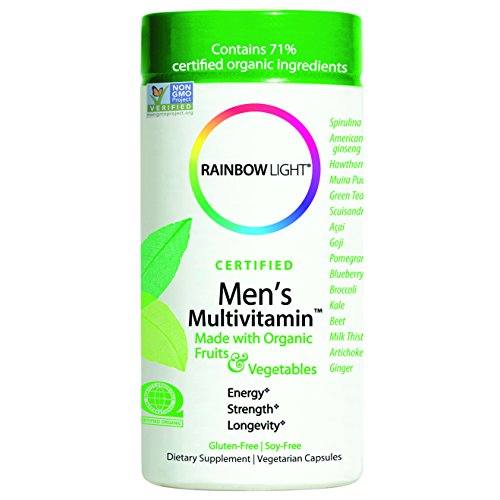Could Vitamin D Help with COVID-19?
My opinion is that you keep the correct levels of vitamin D in your body. Now a days, due to staying indoors, it is possible that you will develop the deficiency of vitamin D. Get this checked by your doctor and use the correct dose to stay healthy.
Here are my notes:
Daily 10 microgram or 400 IU/Day
Lippincott’s Biochemistry Review 4th Edition. Page 388
Daily 5 mg of cholecalciferol or 200 IU of Vitamin D.
However, 800 IU/Day is shown to reduce the incidence of osteoporotic fractures.
800 IU/Day recommended by the Institute of Medicine to maintain bone health.
Frank deficiency is when the levels of 25-hydroxycholecalciferol (25OHD) is less than 20 ng/mL (50 mmol/L)
https://www.ncbi.nlm.nih.gov/pmc/articles/PMC6305614/
No consensus that the oral vitamin D supplements are helpful
Ergocalciferol from plants is called Vitamin D2
Cholecalciferol from the animal tissue is called Vitamin D3
7 deidro-cholesterol to (UV light) to cholecalciferol (D3) to 25 hydroxylase in liver to 25 OH D to -hydroxycholecalciferol 1-hydroxylase in kidney to 1,25 DiOH D3
Vitamin D Receptors are abbreviated to VDR in the notes. These are cytosolic receptors.
https://www.newscientist.com/article/2121424-vitamin-d-supplements-may-prevent-millions-of-winter-infections/
Deficiency of vitamin D makes people more susceptible to respiratory tract infections.
Vitamin D supplement can reduce these infections by 12%
Keep in mind, this is for those who are deficient in this vitamin. If you are not deficient, then it will not make a difference. Because, you are already good.
Evidence is not sufficient to say that vitamin D helps prevent respiratory infections.
2018 Study
https://www.ncbi.nlm.nih.gov/pmc/articles/PMC6305614/
People with autoimmune diseases commonly have hypovitaminosis D
What are cathelicidins?
https://www.sciencedirect.com/topics/neuroscience/cathelicidin
What are beta defensins?
https://en.m.wikipedia.org/wiki/Beta_defensin
2011 Study
https://www.ncbi.nlm.nih.gov/pmc/articles/PMC3166406/
Activation of TLR and PAMPs on macrophages increases the production of 1, alpha hydroxylase and the VDR. This in turn causes more production of cathelicidine and beta defensins 4.
Vitamin D also affects monocytes to reduce production of IL1, IL6, IL8, IL12, and TNF. Regulating the immune response.
Vitamin D acts on the dendritic cells to inhibit/reduce their differentiation and maturation. It reduces their MHCII expression, co-stimulatory molecules like CD40, CD80, CD86, decreased production of IL-12 etc.
2013 Study
https://www.ncbi.nlm.nih.gov/pmc/articles/PMC3756814/
Vitamin D improves immune system by helping produce cathelicidine and by helping modulate inflammatory cascade. Especially for the respiratory infections.
It also helps produce NFk-B (nuclear factor kappa light chain for activated B cells.)
(
Notes about the NFkB
https://en.wikipedia.org/wiki/NF-%CE%BAB
Helps with cytokine production and cell survival.
NFk-B factor becomes active when T and B cell receptors become active. Its activation causes the gene expressions that allow T cell development, maturation, and proliferation.
T and B cells have Vitamin D receptors that help them produce NFk-B
)
Continuing the notes from the study:
In pulmonary infections. Lung epithelial cells are able to convert inactive vitamin D to its active form. This active Vitamin D then helps produce cathelicidine. Which helps kill the pathogens.
Vitamin D seems to favor TH2 and TH17 cell activation which is anti-inflammatory profile.
Vitamin D seems to reduce the activation of TH1 cells which are pro inflammatory by their IFN-gamma action.
A deficiency of vitamin D may dysregulate the inflammatory response of the body.
Vitamin B also increases the IkBa. This leads to inhibition of NFkB. This helps reduce the production of IL6 and IL8 by inhibiting the production of NFkB.




